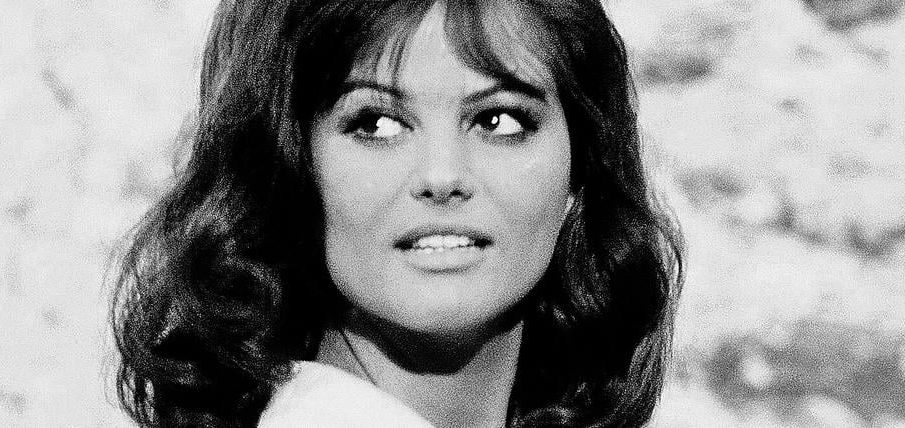Claudia Cardinale: A Journey Through Film and Fame

Introduction
Claudia Cardinale is a name synonymous with the golden age of Italian cinema. Renowned for her striking beauty and exceptional acting talent, Cardinale has become a beloved figure in the film industry, captivating audiences worldwide for decades. Her work has not only defined her career but has also had a lasting impact on the art of filmmaking, making her a key player in the evolution of European cinema. Understanding her contributions sheds light on more than just her films; it highlights the cultural shifts in Italy and beyond during her prime.
Career Highlights
Born on April 15, 1938, in Tunis, Claudia Cardinale quickly rose to fame in the 1960s, becoming prominent in both Italian and international films. One of her most notable performances came in 1963 with the Italian classic Il Gattopardo (The Leopard), directed by Luchino Visconti. Her portrayal of Angelica, a beautiful aristocrat amidst the changing social landscape of 19th-century Sicily, secured her status as a leading actress.
Cardinale starred alongside some of the greatest filmmakers and actors of her time, including Federico Fellini and Burt Lancaster. Another significant milestone in her career was her role in Once Upon a Time in the West (1968), a Sergio Leone spaghetti western that showcased her versatility and depth as an actress. With films such as The Pink Panther and The Professionals, Cardinale demonstrated her capability to transcend genres, solidifying her place in cinematic history.
Recent Endeavours
In recent years, Cardinale has continued to engage with audiences, participating in film festivals and cultural events. She has also contributed to discussions on women’s roles in cinema and the importance of representation in the film industry. At the age of 85, she remains an active voice, encouraging future generations of filmmakers and actors.
Conclusion
Claudia Cardinale’s enduring legacy is a testament to her talent and the significant impact she has had on the film industry. She not only exemplifies the charm and artistry of Italian cinema but also stands as a beacon of inspiration for aspiring artists worldwide. As the film industry continues to evolve, Cardinale’s contributions remind us of the importance of strong female representations on screen, ensuring that her story—and those of many women like her—will continue to resonate in future cinematic narratives.









